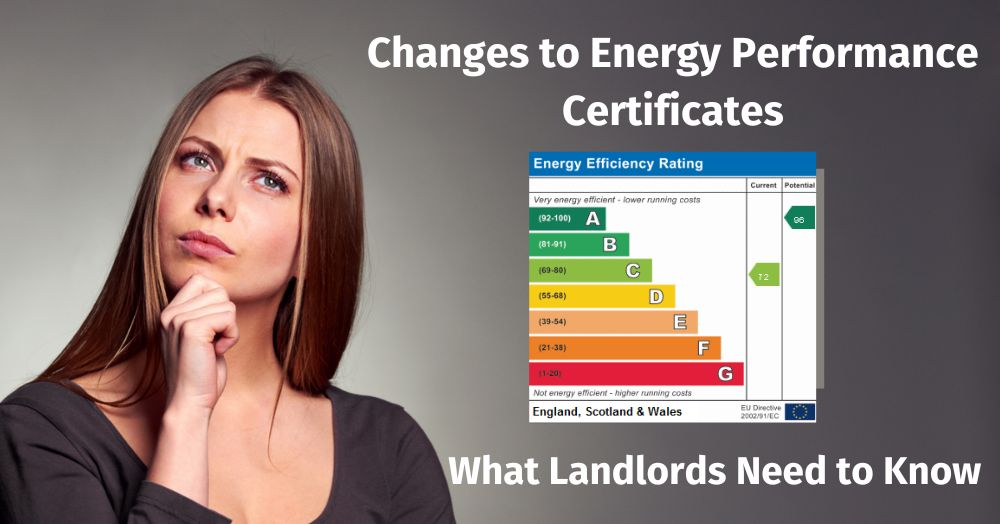There's concern among some landlords about how this new law might affect them since many don't yet know what impact it could potentially cause in terms of whether certain homes become "unrentable" due to either misunderstanding tenant’s rights as well as the risk of mortgage default rates raising even further than already proposed.
What is an Energy Performance (EPC)?
EPC’s are used to assess the energy efficiency of a property and provide ratings from A (the most efficient) to G (the least efficient.
Under the current rules, all EPCs on all residential rental properties must be no less than an E rating to be let out. This means that if your rental property has an EPC less than an E you could be fined up to £4000
Proposed changes from 2025
The government has announced that all newly rented properties from 2025 will require an EPC rating of C or above. Currently, as mentioned in this article, there is only a requirement for ‘E’ ratings, and current tenancies will have until 2028 to comply with these new changes if Landlords wish their tenancy to be maintained after that time period ends.
There's concern among some landlords about how this new law might affect them since many don't yet know what impact it could potentially cause in terms of whether certain homes become "unrentable" due to either misunderstanding tenant’s rights as well as the risk of mortgage default rates raising even further than already proposed.
Are landlords aware of these proposals?
The upcoming Energy Performance Certificate (EPC) changes have been largely unnoticed by landlords. 15% of those surveyed said they are unaware, and long-time renters seem less likely than newer owners or tenants in general, with one-third claiming not even a little knowledge about these shifts that could affect their investment properties’.
Close to a quarter of landlords said their properties are currently rated D or below for energy efficiency, so would face being unable to begin a new tenancy from 2025 unless improvements are made, should the proposed regulations be implemented. However, 27% of landlords admitted to not knowing the energy efficiency rating of their property.
Consequently, a quarter of landlords don’t know if or what work will be needed for their properties to meet the minimum ‘C’ rating under current proposals.
With more than a third of landlords owning properties built pre-1940, it is essential that landlords begin to understand what it means for their portfolios and consider the cost of making improvements. Indeed, with the deadline for new tenancies in 2025, this leaves just three years to make improvements, some of which could be extensive.
Act Now
So, there you have everything you need to know about the upcoming changes to EPCs.
If you’re worried about the changes to EPCs and how they might impact your Property Portfolio, then it’s worth speaking to us for advice. We will be able to advise you on the best course of action and help you ensure that you comply with the new regulations.
If you would like to book a call back to discuss your EPC property status, then click on the link, and we will be in touch

